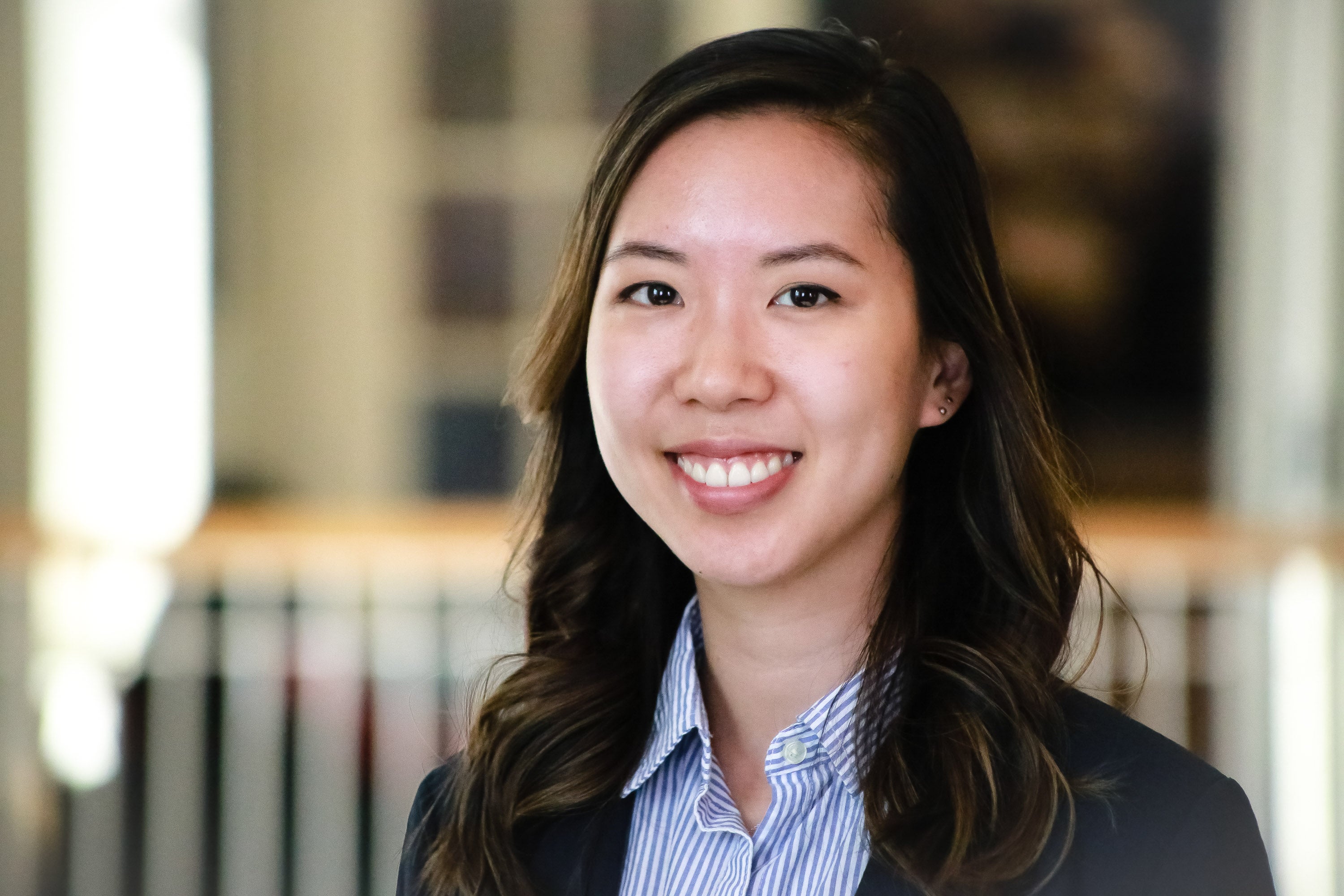 By Yooni Choi
By Yooni Choi
Today was my last day as a full-time employee at the University of Maryland. For over two years, I worked as a project manager on a multi-year, large-scale project while taking classes in the School of Public Health. As I get ready to attend my second graduation at the University of Maryland-–becoming a 'Double Terp'-–I reflect on the pivotal experience that led me here.
During my undergrad, one day a week, I donned a bright blue polo and commuted downtown into Washington, D.C. to volunteer at a children’s hospital. The white embroidery above my shirt pocket spelled 'Health Leads,' the name of the organization that gave students the opportunity to care for patients across many facets of health. My attire signified to patients that I was an advocate, someone who would help them navigate through homelessness, poverty, and unemployment, among other issues.
Our office was situated across from the primary care department, which made it easy for the clinical providers, and staff to escort patients and their families directly to me. Sometimes, I would be asked to consult during a patient’s visit with their permission to help them find resources in the area. Every day was different. Some days I experienced success: I assisted a homeless mother and her child find temporary housing; and I helped a grandmother and her grandson obtain free food when their food stamps had run out. However, many days I also experienced failure, especially on days when patients returned seeking help for the same needs.
I learned from the challenges of this volunteer position that I was trying to solve problems that were beyond the scope of my abilities. The long waitlist for affordable housing grew longer as gentrification rapidly expanded, while unemployment and lack of education affected the long-term economic opportunities of entire generations. These were systemic issues rooted in a long history of racism, class divide, and politics, and it would require more than my efforts to turn the tide. As I transitioned into a full-time employee with the hospital and continued to grapple with these issues, I turned toward a path that would build the skills to solve large problems. Thus, I began to pursue a master’s degree in Public Health.
During my second time at UMD, I sought to become an advocate again but in a different context. I focused my graduate research on health disparities and racial/ethnic minority health, and joined a team of researchers to evaluate a state-wide intervention dedicated to improving family planning and reproductive health for all women, regardless of background. I learned to analyze national datasets, specifically from the U.S. Census Bureau, to uncover subgroup disparities and to continue sharing the stories of disadvantaged people with the rest of the world. I also learned how to collaborate within a multi-institutional, public-private partnership, developing my ability to achieve measurable, outcome-focused goals. This has allowed me to find my new job in health policy research, where I will continue to tackle health-related problems.
With the conclusion of my graduate studies and experiences at UMD, I sense that I am drifting further away from the direct work I did with patients many years ago. But that’s a cost I am willing to pay for the opportunity to impact more lives in the hope that people in our society will have better access to healthcare and, ultimately, healthier lives.
Find more information about Yooni Choi.
(Photo credit: UMD Photography)
